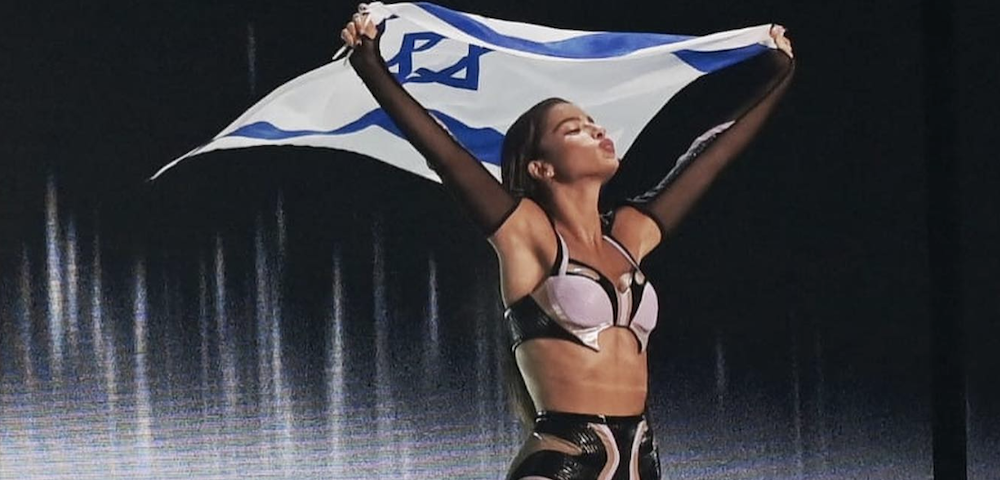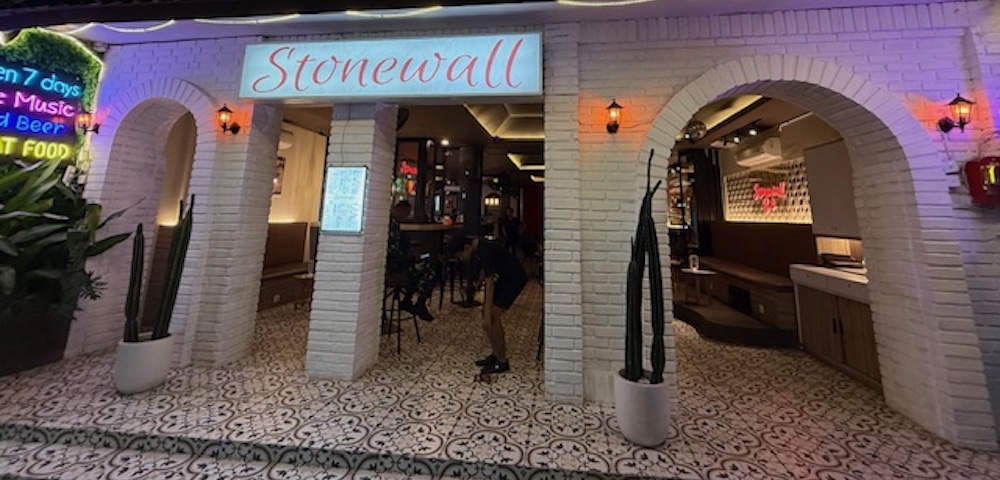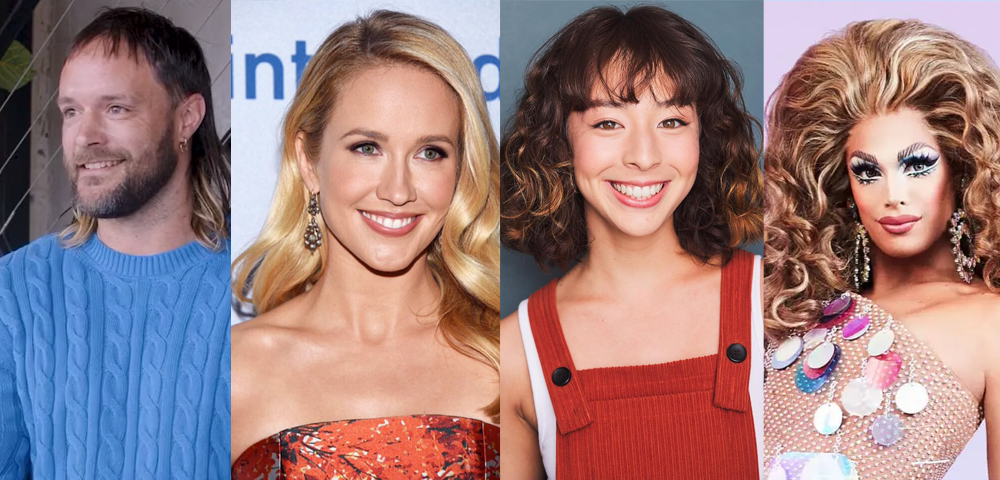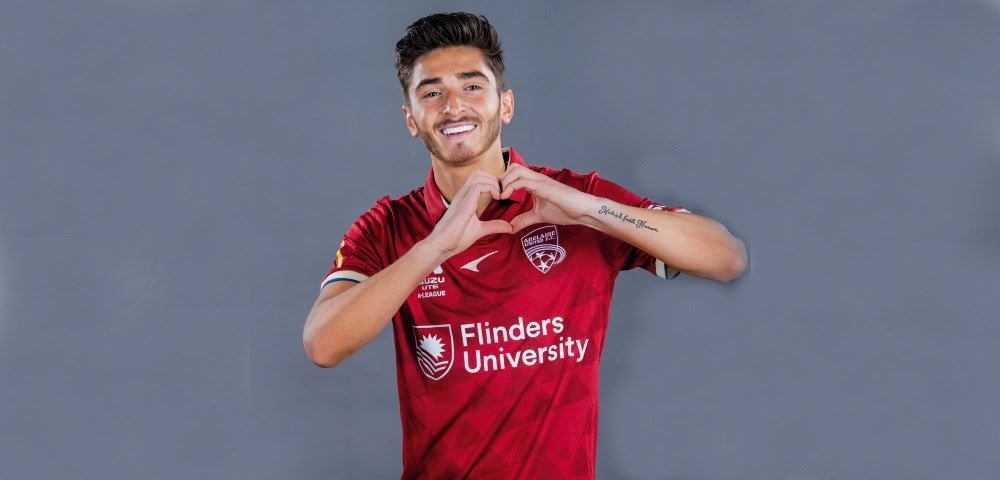
Snapshot: LGBTI rights in Myanmar

WITH the recent election of the National League of Democracy (NLD) after decades of military rule, there are some positive yet hesitant signs of change for LGBTI people in Myanmar.
According to prominent activisit U Aung Myo Min from Equality Now, while the official position of the NLD on LGBTI issues is unknown, he believes “this is the time for us to raise the topic and get their policies on LGBT issues”.
U Aung Myo Min wants to encourage the government to “treat us as human beings, as part of society, not as a problem in society”.
However, much like most former British colonies, Section 377 of the Myanmar Penal Code criminalises consensual same-sex conduct, and has done so since 1860.
While charges under Section 377 are increasingly rare, it is well documented that Myanmar police discriminate and persecute LGBTI people under the guise of other indirect laws.
As recently as August 2015, the minister for border and security affairs Dr Myint Kyu called for Myanmar police to arrest gay people.
“The existence of gay men who assume they are women is unacceptable and therefore we are constantly taking action to have the gays detained at police states, educate them, them hand them back to their parents,” he stated.
According to Kaleidoscope Human Rights Foundation, examples of laws used to discriminate against LGBTI persons include: Section 269 of the Penal Code which criminalises the negligent spread of sexual disease; Section 5(j) of the Emergency Provisions Act which criminalised any activity that may negatively “affect the morality” society or an individual; and Section 35c of the Police Act which states that being found “between sunset and sunrise with a covered face or being otherwise disguised and therefore unable to give satisfactory account of oneself” is grounds for arrest.
For example, in 2013 20 undercover police violently arrested 10 gay men and trans women in Mandalay, the former capital of Myanmar. LGBTI advocacy organisation Outright Action International (formerly known as the International Gay and Lesbian Human Rights Commission) reported one person was set free, but the others were verbally, physically and sexually abused. Following the ordeal, one of the victims provided the following account to Outright Action International:
“When we arrived at the Division Police Station the police forcibly pulled off our clothes, kicked and beat us. Our breasts were squeezed, scratched and beaten with police batons. They focus use to do frog jumps, without cloths, and show that we are not women by men. When we did as they said, they were beaten again because our voices sounded feminine. They slapped our faces and shouted out, ‘shout like a man! Sound like a man!’ I’ve never experienced terror like this.”
In response to the allegations, the Mandalay police simply maintained that the arrests were made due to “public disturbances”.
Speaking to The Guardian, Hla Myat Tun from local LGBT organisation Colors Rainbow said: “The police see LGBT people, especially transgender people, as people they can abuse whenever they need money. They see them as walking ATM. If they need to fill their quota, they arrest transgender sex workers, or gay guys. They harass them, they arrest them, even gang-rape them in the police compound. Before Colors Rainbow, nobody even documented this.”
In March 2015 Kaleidoscope Human Rights Foundation, in partnership with local organisations Myanmar LGBT Rights Network and Equality Myanmar, submitted a report on LGBTI rights in Myanmar to the UN Universal Periodic Review outlining five key recommendations:
- At a minimum, amend Section 377 of the Penal Code to decimalise consensual same-sex conduct;
- Ratify the key international human rights treaties including, but not limited to, the International Covenant on Civil and Political Rights (ICCPR) and the International Covenant on Economic, Social, and Cultural Rights (ICESCR);
- Enact comprehensive anti-discrimination laws that prohibit discrimination on the grounds of sexual orientation and gender identity;
- Amend Section 348 of the Constitution to include sexual orientation and gender identity among the grounds upon which a person cannot be discriminated against; and
- Enact laws that expressly recognise same-sex marriage.
Despite the widespread discrimination faced by LGBTI people in Myanmar, there are some positive signs of change. For example, in 2015 there were 16 events in celebration of International Day Against Homophobia (IDAHO) Day and the US Embassy flew the rainbow flag in solidarity.
In January 2016, Myanmar saw the celebration of &Proud, the country’s only LGBT film festival, for the second time ever. The focus was on the often invisible plight of the lesbian community.
And as of February 2016, Colors Rainbow had over 500 people nationwide enrolled in its programme aimed at empowering LGBT people.
“It’s about changing how LGBT people perceive themselves, from victims to agents of change,” Hlay Myat Tun told The Guardian.
The organisation also provides training on gender identity, human rights and advocacy, offers free legal advice, and engages with journalists and religious leaders on how to report and discuss LGBT people tactfully.
Jasmine Dawson is a director of Kaleidoscope Australia Human Rights Foundation, a non-profit organisation that seeks to promote and protect the rights of LGBTI people in the Asia-Pacific region. She is also a PhD candidate at the Melbourne Social Equity Institute (MSEI) at the University of Melbourne and a research assistant in the Monash Law Faculty.
Details: kaleidoscopeaustralia.com or follow on Twitter: @KaleidoscopeHRF
__________________________________
CATCH UP ON PREVIOUS INSTALMENTS OF “SNAPSHOT“:
LGBTI RIGHTS IN TAIWAN – TOWARDS A TIPPING POINT
MICRONESIA: A DIVERSE REGION WITH DIVERSE LGBTI LAWS
GLIMMERS OF HOPE AMONG SRI LANKA’S POOR HUMAN RIGHTS RECORD
NEPAL: SOUTH ASIA’S LGBTI RIGHTS PIONEER
LGBTI CAMBODIA: A VIBRANT COMMUNITY WITH UNRECOGNISED RIGHTS
TENTATIVE HOPE FOR LGBTI PEOPLE IN VIETNAM
A NEW DAWN FOR LGBTI PEOPLE IN JAPAN
__________________________________
**This article was first published in the April edition of the Star Observer, which is available now. Click here to find out where you can grab a copy in Melbourne, Sydney, Brisbane, Adelaide, Canberra and select regional/coastal areas.
Read the April edition of the Star Observer in digital format:
__________________________________









